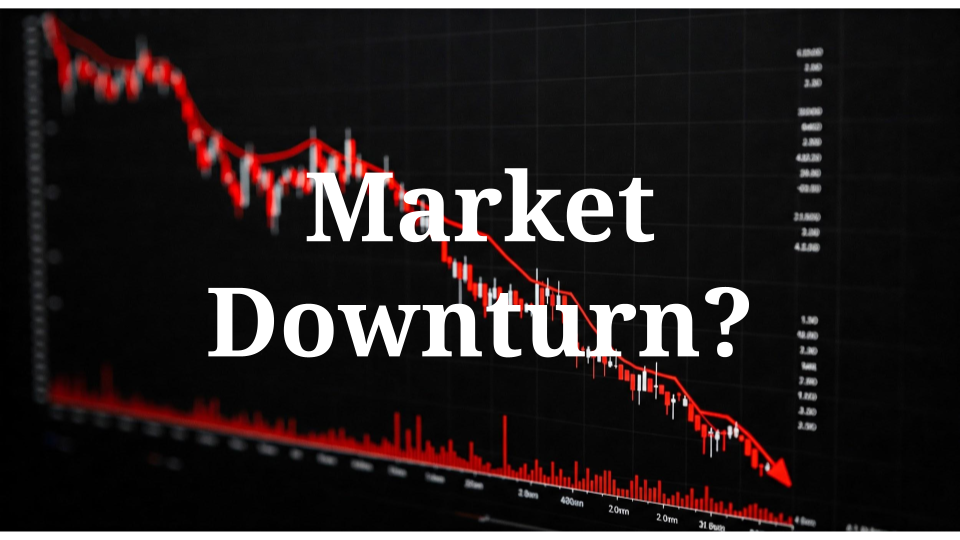Cruisin' or Bruisin'? Why I'm Pumping the Brakes on an Electric Whip...for now
/To Buy or Not to Buy an Electric Vehicle
If you're here due to the catchy title, a big shout-out to Chat GPT for helping me craft it. Electric vehicles (EVs) have stolen the spotlight in recent years, with increasing popularity, advancing technology, extended range, and expanding infrastructure. While the perks of owning an EV have grown, let me share why I'm holding off on buying one for now.
The Charging Conundrum
Charging a vehicle differs from a quick gas fill-up. Though I have an attached garage for convenient overnight charging, Michigan needs more charging stations for me to feel at ease. I prefer a quick stop for gas; waiting 30 minutes for a full charge doesn't align with my lifestyle. As a single, one-car family, my decision becomes more nuanced. With two vehicles, an EV for local trips and a gas-powered one for longer journeys might be a consideration.
Solid-State Battery Technology on the Horizon
Current EVs boast a range of 200-400 miles, but Toyota's upcoming solid-state battery tech, expected by 2028, promises a staggering 745-mile range. While 200-400 miles may seem like a lot, weather conditions can significantly impact the range of EVs. Consumer Reports notes that cold weather can sap 25% of the range, and warm weather can sap 31%. (Source: Consumer Reports; link below)
Living in Michigan, where winters are harsh, a 25% drop would mean a range of only 150-300 miles. With future solid-state battery technology, a 25% decrease would still offer a substantial 559-mile range. The new technology is expected to improve performance in cold/warm temperatures and have faster charging capabilities.
Financial Implications
As a financial advisor, numbers matter. In July 2023, the average price of a new EV was $53,469, compared to $48,334 for a gas-powered vehicle. (Source: Kelley Blue Book; link below) The $5,135 difference could cover a lot of gas at $3.00/gallon—1,712 gallons, to be precise. Factoring in electricity costs, the payoff might not kick in until after 4.28 years, assuming you currently drive 10,000 miles a year at 25mpg.
Anticipating a potential drop in used EV prices when the new solid-state battery technology arrives, concerns arise about the long-term value of today's EVs. Battery replacement costs and additional tire wear are also negative factors; the absence of an engine, no oil changes, and fewer moving parts are positives when comparing EVs to traditional vehicles.
Reliability
Reliability is a crucial factor when I am choosing a vehicle. According to Consumer Reports, EVs have shown 79% more problems than gas vehicles, while plug-in hybrids have 146% more issues.
In contrast, hybrids have had 26% fewer problems than gas vehicles over the last three model years. (Source: Consumer Reports; link below) Better reliability gives me hope for less time and money getting things fixed in the future.
Hybrid Appeal
I currently drive a hybrid with an impressive 45-50 mpg, I find it to be the sweet spot between EVs and traditional gas vehicles. Slightly pricier than gas-powered vehicles, hybrids offer superior gas mileage, fewer gas station visits, better reliability, and no range anxiety. Their smaller, lighter, and less expensive batteries add to their appeal.
While EVs have made strides, a massive leap forward is anticipated in the next four years. From a financial perspective, sticking to a regular or hybrid vehicle for now, and re-evaluating the EV landscape when the new battery technology becomes available seems like a sensible choice.
References:
Consumer Reports https://www.consumerreports.org/cars/hybrids-evs/how-much-do-cold-temperatures-affect-an-evs-driving-range-a5751769461/
Kelley Blue Book https://www.kbb.com/car-advice/how-much-electric-car-cost/#:~:text=According%20to%20data%20from%20Cox,gas%2Dpowered%20vehicles%20at%20%2448%2C334.
Fiduciary Financial Advisors, LLC is a registered investment adviser and does not give legal or tax advice. Information presented is for educational purposes only and does not intend to make an offer or solicitation for the sale or purchase of any securities. The information contained herein has been obtained from a third-party source which is believed to be reliable but is subject to correction for error. Investments involve risk and are not guaranteed. Past performance is not a guarantee or representation of future results.














